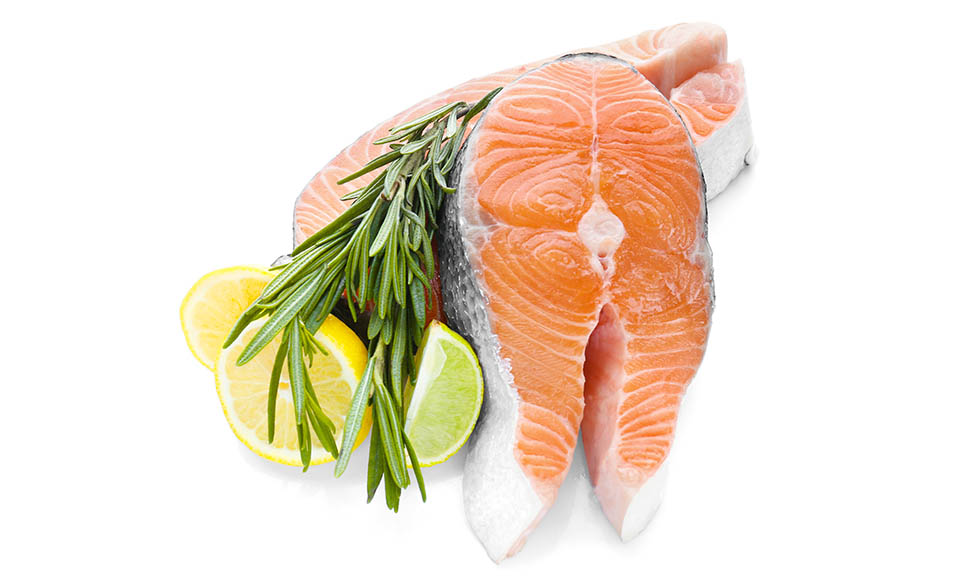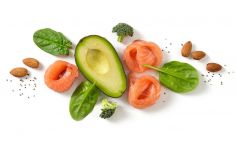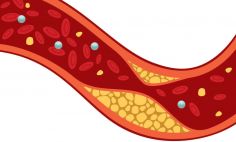Health Topics

Could eating fish help your migraines?
Change in diet may offer relief to millions who suffer pain
A diet high in fish fats and low in vegetable oils may help reduce the number and severity of migraines, according to a new study from the National Institutes of Health.
Migraines are one of the most common causes of chronic pain and reduced quality of life. Many people who get migraines can't work or function normally during an attack. Attacks can last from four hours to as long as three days. Current medicines for migraines may only provide partial relief. They can also have negative side effects.
This study offers a promising alternative. Researchers expanded on earlier work on the impacts of linoleic acid and omega-3 fatty acids on chronic pain. Linoleic acid is a primary source of fat in the American diet. It's found in vegetable oils, nuts, and seeds. Omega-3 fatty acids are mostly found in fish and shellfish.
Over the course of 16 weeks, participants with frequent migraines were assigned one of three healthy diet plans. One group received meals low in linoleic acid (vegetable oils) and high in fatty fish. A second group received meals high in both linoleic acid and fatty fish. A third group received meals high in linoleic acid and low in fatty fish. This third meal plan was designed to be similar to the typical American diet.
At the end of the study period, participants on the diet low in linoleic acid and high in fatty fish had 30% to 40% reductions in headache hours per day, severe headache hours per day, and number of headache days per month, compared with those on the American-style diet.
The study showed that changes in diet might offer real relief to the millions of Americans who suffer from migraine pain, without the downsides of often-prescribed migraine medicines.







